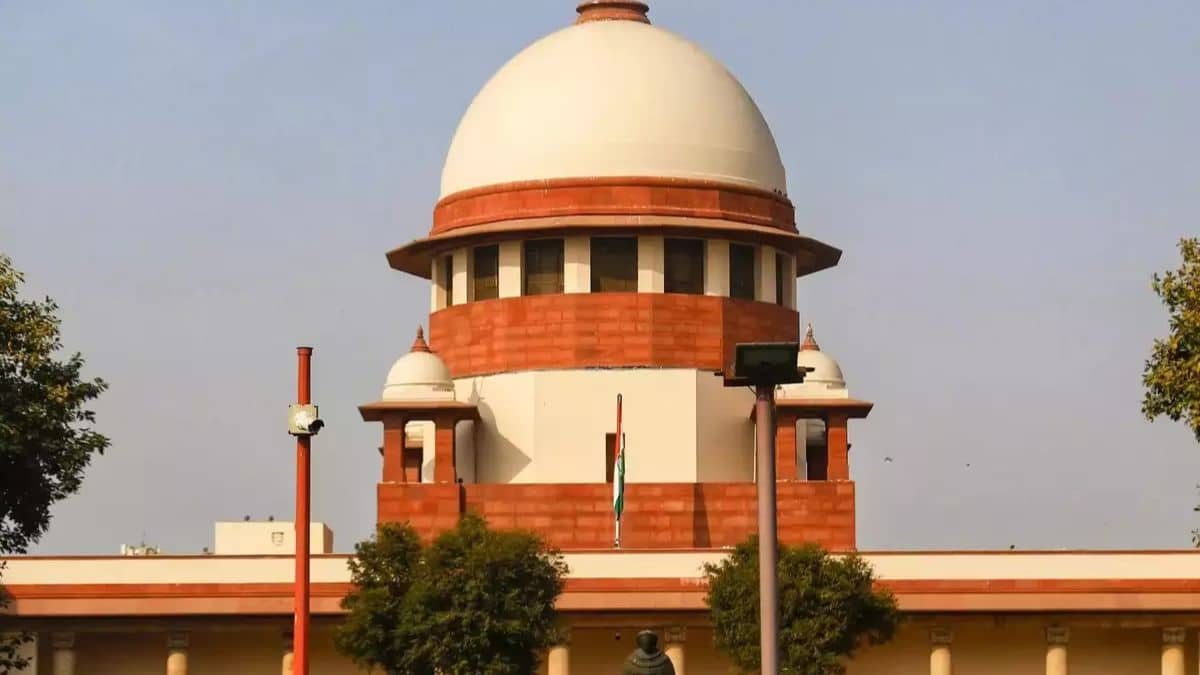The Supreme Court on Monday declined to stay the Patna High Court’s recent order that annulled the Bihar government’s decision to increase reservations for Backward Classes, Scheduled Castes (SC), and Scheduled Tribes (ST) in public employment and educational institutions. The apex court, however, has scheduled a hearing for the Bihar government’s plea challenging the High Court’s decision in September.
The Bihar government had earlier raised the reservation quota from 50 percent to 65 percent, a move aimed at enhancing educational and employment opportunities for historically marginalized communities. The Patna High Court, in its ruling, had quashed this increase, citing it as a violation of the Supreme Court’s landmark Indra Sawhney judgment, which caps reservations at 50 percent.
During the hearing, the Supreme Court bench, led by Chief Justice of India D.Y. Chandrachud, refused to grant an interim stay on the High Court’s order. The bench asserted that the matter requires detailed examination and listed it for a comprehensive hearing in September. This decision comes as a setback for the Bihar government, which had sought immediate relief to continue implementing the enhanced reservation policy.
The Bihar government, represented by senior advocate Ranjit Kumar, argued that the increased reservation was a critical step towards achieving social justice and uplifting underrepresented communities. Kumar contended that the Patna High Court’s decision would adversely affect thousands of students and job seekers from these communities who had already benefited from the enhanced quota.
On the other side, opponents of the reservation increase have argued that exceeding the 50 percent cap undermines meritocracy and leads to reverse discrimination, affecting the overall quality of public services and educational standards.
This case has garnered widespread attention and is being closely observed by political analysts, social activists, and legal experts. The Supreme Court’s forthcoming hearing in September is expected to address the constitutional validity of the Bihar government’s reservation policy, potentially setting a precedent for similar policies across other states.
As the debate over reservations continues to stir political and social discourse in India, the Supreme Court’s final ruling will be crucial in shaping the future framework of affirmative action in the country.

